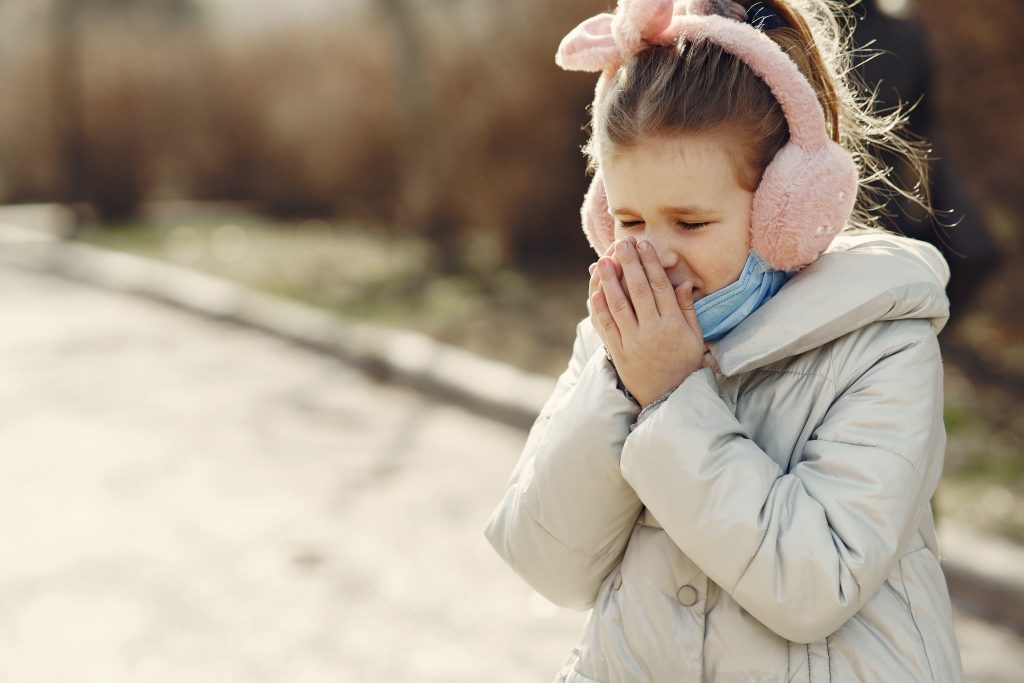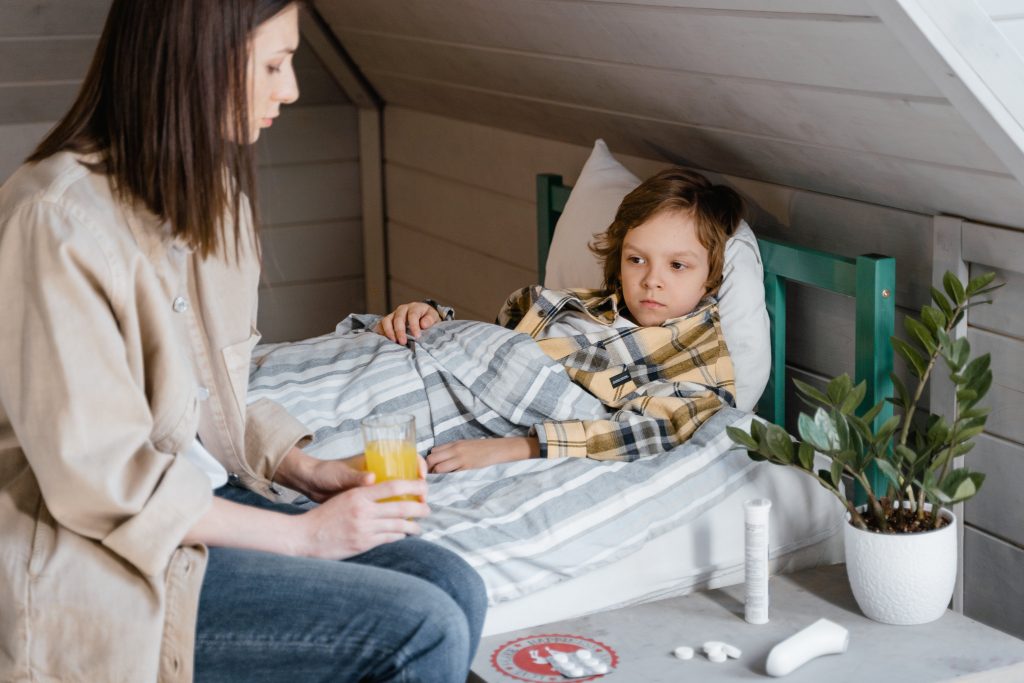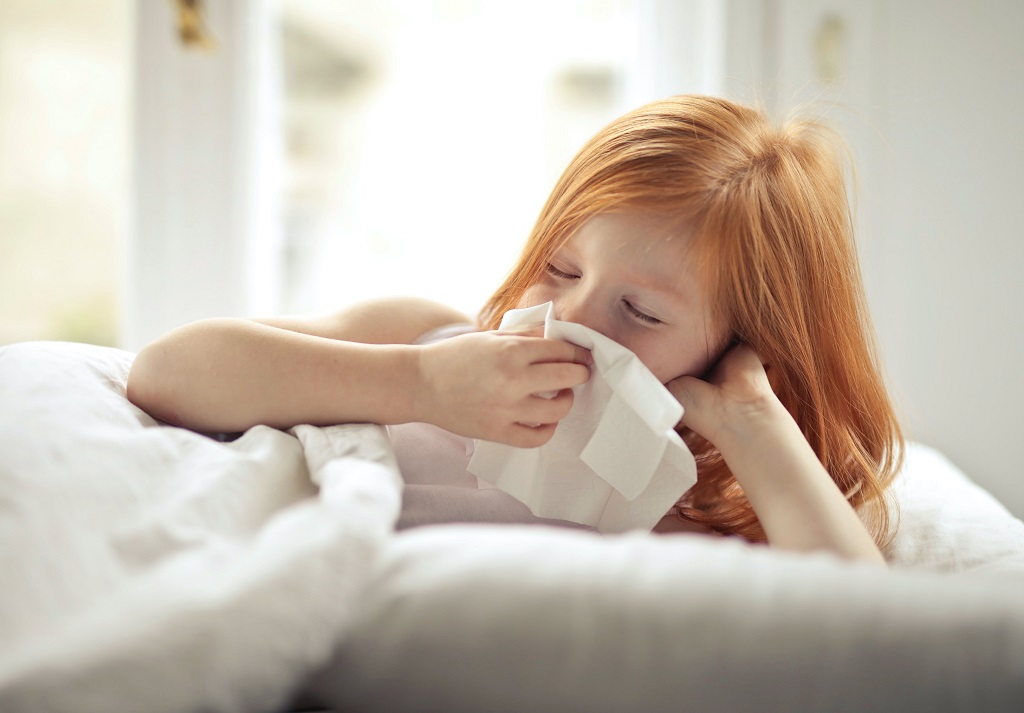- Allergic rhinitis is common in Singapore, affecting around 30% of children.
- Symptoms of allergic rhinitis include sneezing, congestion, and itchy eyes.
- Proper diagnosis and treatment from a doctor are crucial for managing this condition effectively.
- Management strategies may include avoiding triggers, medications, or allergy shots.
As a parent, you want the best for your child and their health. However, with children being more susceptible to allergies, keeping up with their well-being can be challenging. One common condition that affects children in Singapore is allergic rhinitis, also known as hay fever.
This comprehensive guide will cover everything you need to know about allergic rhinitis in children, including its symptoms, diagnosis, and treatment. By better understanding this condition, you can help your child manage their allergies and improve their quality of life.
What is Allergic Rhinitis?
Allergic rhinitis is inflammation in the nasal passages caused by an allergic reaction to specific allergens. These allergens include pollen, dust mites, pet dander, and mold. When your child comes into contact with these triggers, their immune system releases histamines and other chemicals that cause symptoms such as sneezing, itching, congestion, and a runny nose. While allergies can develop at any age, they are most commonly seen in children.
How Common is Allergic Rhinitis in Singapore?
According to a study by the National University Hospital (NUH), it is estimated that around 30% of children in Singapore have allergic rhinitis. This shows that allergic rhinitis in Singapore is a prevalent condition among children, and as a parent, it’s essential to know the signs and symptoms to look out for. Understanding this condition better can help you manage your child’s allergies more effectively.
Symptoms of Allergic Rhinitis

Children with allergic rhinitis may experience a range of symptoms, including:
- Sneezing
- Runny nose
- Congestion
- Itchy or watery eyes
- Postnasal drips
- Sinus pressure and pain
- Fatigue
These symptoms can vary in severity, with some children experiencing mild discomfort while others may have more severe reactions. Pay attention to your child’s symptoms and seek medical advice if they affect their daily lives.
Diagnosing Allergic Rhinitis in Children
Getting a proper diagnosis is crucial in managing allergic rhinitis effectively. Your child’s doctor will conduct a physical exam and may recommend allergy testing to determine the specific allergens causing your child’s reaction. Skin prick, blood, and patch tests are standard methods for diagnosing allergies.
When to Visit a Doctor
It is advisable to consult a doctor if your child is experiencing persistent and severe symptoms of allergic rhinitis. Seeking medical advice will help determine the underlying cause of your child’s allergies and provide appropriate treatment.
What to Expect During Your Visit
How doctors diagnose and treat allergic rhinitis may vary, but generally, you can expect the following:
- A detailed medical history of your child’s symptoms, triggers, and family allergy history
- Physical examination to check for signs of allergies
- Allergy testing, if necessary
- Prescribed treatment plan based on the diagnosis and severity of symptoms
Managing and Treating Allergic Rhinitis in Singapore
There are various ways to manage and treat allergic rhinitis in children, including:
Avoiding triggers
Identify and avoid allergens that trigger your child’s allergies, such as pollen or dust. This may involve keeping windows closed, using air purifiers, and regularly cleaning floors and surfaces. If you are unaware of your child’s specific triggers, allergy testing can help identify them.
Medications

Over-the-counter or prescription medications can help relieve symptoms of allergic rhinitis. Antihistamines, decongestants, and nasal sprays are commonly used to alleviate sneezing, itching, and congestion.
However, it is essential to remember that a doctor’s prescription is required for specific medications, and self-medicating can be dangerous. A licensed physician can recommend the best medicine for your child’s particular needs, which may change over time.
Allergy shots
For children with severe allergies, their doctor may recommend allergy shots. These injections contain small amounts of allergens and help build the body’s immunity over time. For instance, if your child is allergic to pollen, regular allergy shots may reduce their sensitivity and prevent severe reactions.
Final Thoughts
Allergic rhinitis can significantly affect a child’s daily life and overall well-being. However, your child can lead a healthier and happier life with proper management and treatment. Remember to consult a doctor for an accurate diagnosis and treatment plan tailored to your child’s needs.
As a parent, you understand the challenges of managing allergies in your children, but with support and guidance from healthcare professionals, you can make a positive difference in their lives. Keep these tips in mind and continue educating yourself on allergic rhinitis in Singapore to provide the best care for your child.
